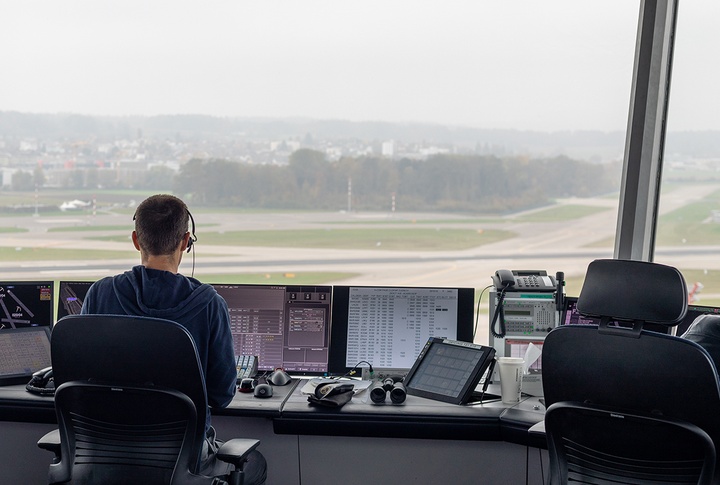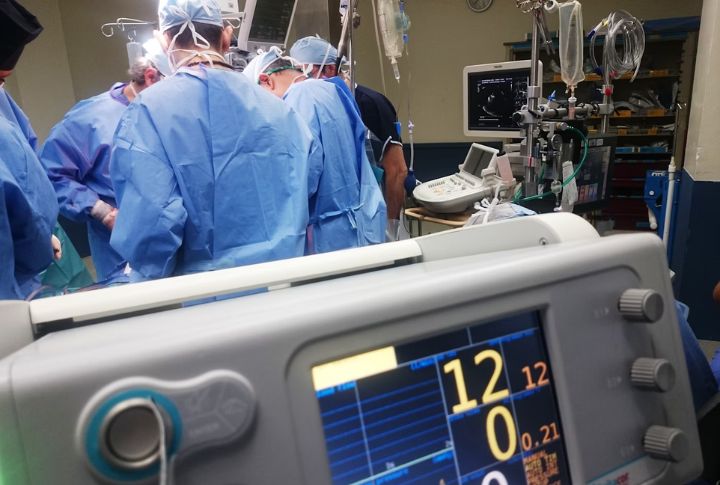
Not every job is nine to five. Some start early, end late, and leave people emotionally worn out before lunch. Others come with choices that stick in your head long after the paperwork’s done. They don’t always get noticed, but they never stop being intense. This list uncovers ten jobs where stress is part of the package.
Air Traffic Controllers

Air traffic controllers manage the complex choreography of aircraft in crowded skies. They must maintain constant vigilance to prevent collisions and ensure safe landings, often making split-second decisions with high consequences. The relentless focus required, combined with unpredictable weather and technical issues, is enough to drive significant mental fatigue.
Emergency Room Physicians

ERs are chaotic, high-stakes environments where doctors have limited time to diagnose and treat patients. Long adrenaline-rushing shifts, emotionally heavy cases, and unpredictable crises leave ER physicians little room for rest. To top it all, they have to make hard decisions that carry life-or-death consequences, ultimately leading to chronic stress.
Firefighters

In addition to fighting flames, firefighters extract crash victims and treat trauma on-scene, literally running toward danger as they enter collapsing buildings. Shift work and exposure to PTSD compounds their risks even further. As per the International Association of Fire Fighters (IAFF), cancer and stress-related illness rates run quite high in this career space.
Social Workers (Child And Family Services)

Social workers in child and family services confront emotionally charged cases involving abuse, neglect, and family crises. They balance advocacy with legal mandates, often under resource constraints and bureaucratic hurdles. While fighting for the vulnerable can be fulfilling, the emotional weight that comes with the job leads to significant burnout.
911 Dispatchers

Though unseen, 911 dispatchers endure intense emotional labor, handling frantic calls that require rapid prioritization and coordination of emergency responses. The responsibility for guiding callers through crises, typically without visual cues, contributes to chronic stress. Employees highlight the mental exhaustion from managing life-threatening situations remotely.
Correctional Officers

Hostility is a routine known too well by correctional officers. These professionals operate in high-tension environments where verbal threats and physical danger loom and shadow their day-to-day work. Echoing their experiences, the Bureau of Labor Statistics links this role with one of the highest injury rates in law enforcement.
Commercial Airline Pilots

Altitude aside, commercial airline pilots endure high pressure, given the precision that is required of them to execute. Pilots juggle strict FAA protocols, mechanical oversight, weather shifts, and fatigued passengers. Their stress is exacerbated by the fact that passengers trust them with their lives and expect them to calm them down during any unexpected aviation emergencies.
Paramedics And EMTs

Chaos and ticking clocks define most of the career lives of Emergency Medical Teams. They often reach trauma scenes first, assessing injuries before hospitals can, all the while improvising medicine in impossible situations. Their fast-paced role requires critical thinking under duress, which makes it a mentally and physically draining profession.
Military Service Members (Active Duty)

Beyond combat, active-duty personnel endure grueling schedules, separation from family, and psychological strain. Constant preparedness for unpredictable crises, coupled with demanding physical training, leads to immense stress and long-term emotional impact. Veterans and active members alike report the profound psychological and emotional challenges inherent in service.
Judges And Magistrates

Every verdict echoes—a single mistake during a ruling can change lives and communities forever. Magistrates and judges constantly balance complex cases, legal precedent, and moral ambiguity, all under tight public scrutiny. The relentless mental exertion, coupled with the gravity of decisions, makes judicial roles far more stressful than many realize.

